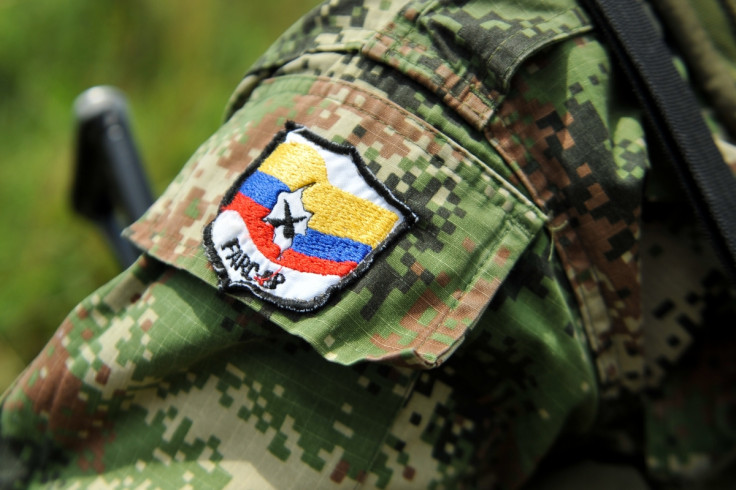Colombia: Farc nurse arrested for conducting forced abortions on women soldiers

Spanish police arrested a man who was allegedly responsible for conducting forced abortions on more than 100 women fighters of Colombia's largest rebel group, the Revolutionary Armed Forces of Colombia. Hector Arboleda Albeidis Buitrago, is facing extradition to Colombia from Madrid where he was working as a nurse.
Attorney General Eduardo Montealegre told reporters that 150 ex-rebels had testified that they were compelled to have abortions so as to not affect their capabilities as fighters. "We have evidence to prove that forced abortion was a policy of the Farc that was based on forcing a female fighter to abort so as not to lose her as an instrument of war," he said.
In 2013, Reuters interviewed a woman soldier who said that most women in Farc were forced to use contraceptive injections or given medication to terminate pregnancies.
"Eight months into my pregnancy, I was given pills without me knowing to induce the birth," 14-year-old Farc fighter Claudia Roa recalled. "The baby was born alive. I held the baby for a moment in my arms and then I passed out. That's when my child was taken away.
"A female fighter told me they had killed my baby. They suffocated him by putting a hand over his mouth and nose."
The left wing rebel group has denied all claims but more reports continue to surface about Farc's policy when it comes to pregnant women within the force. Human rights violations have been brought up during peace talks to end the five-decade-long conflict between the Colombian government and the rebel group.
More about Colombia's Farc
© Copyright IBTimes 2025. All rights reserved.






















